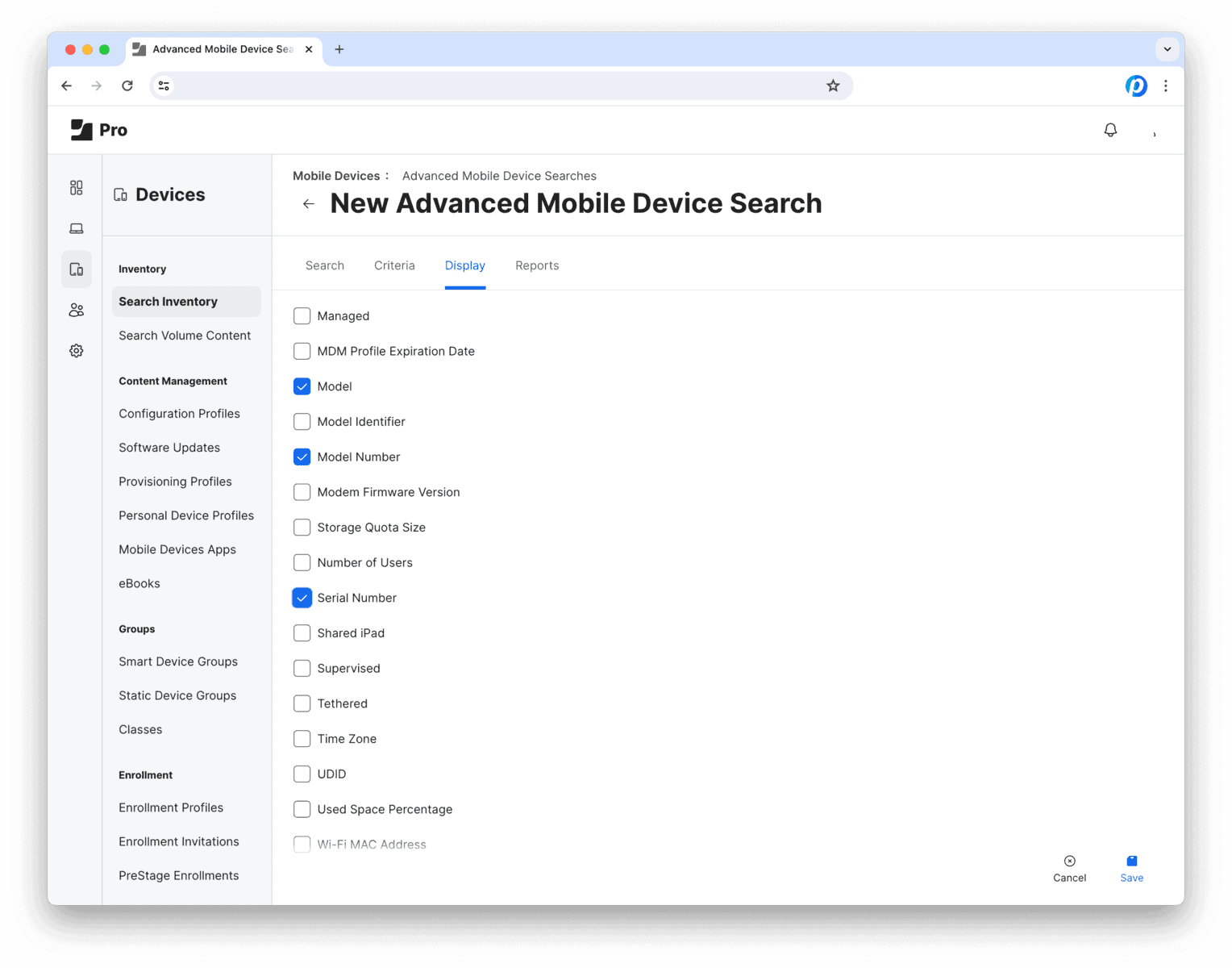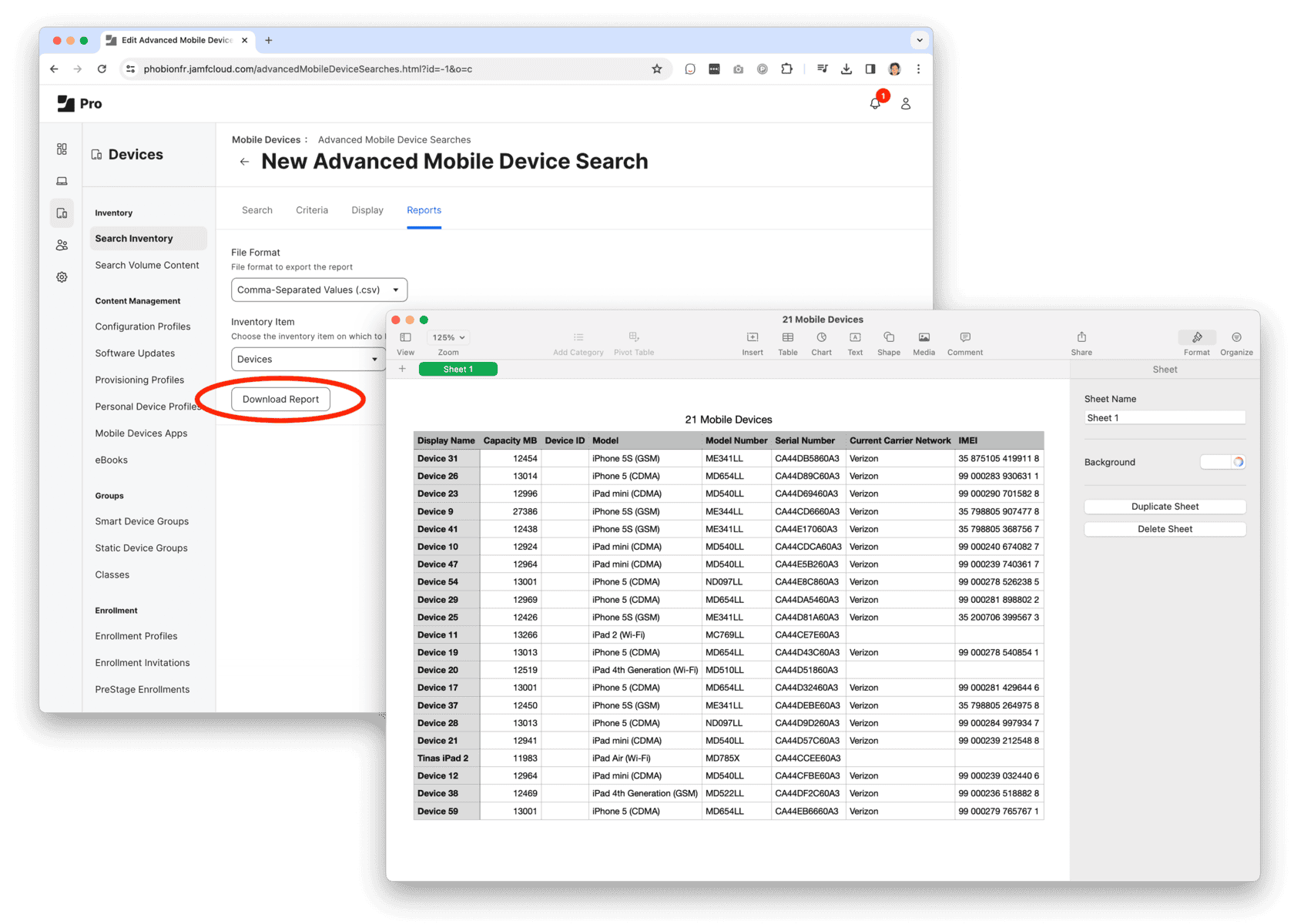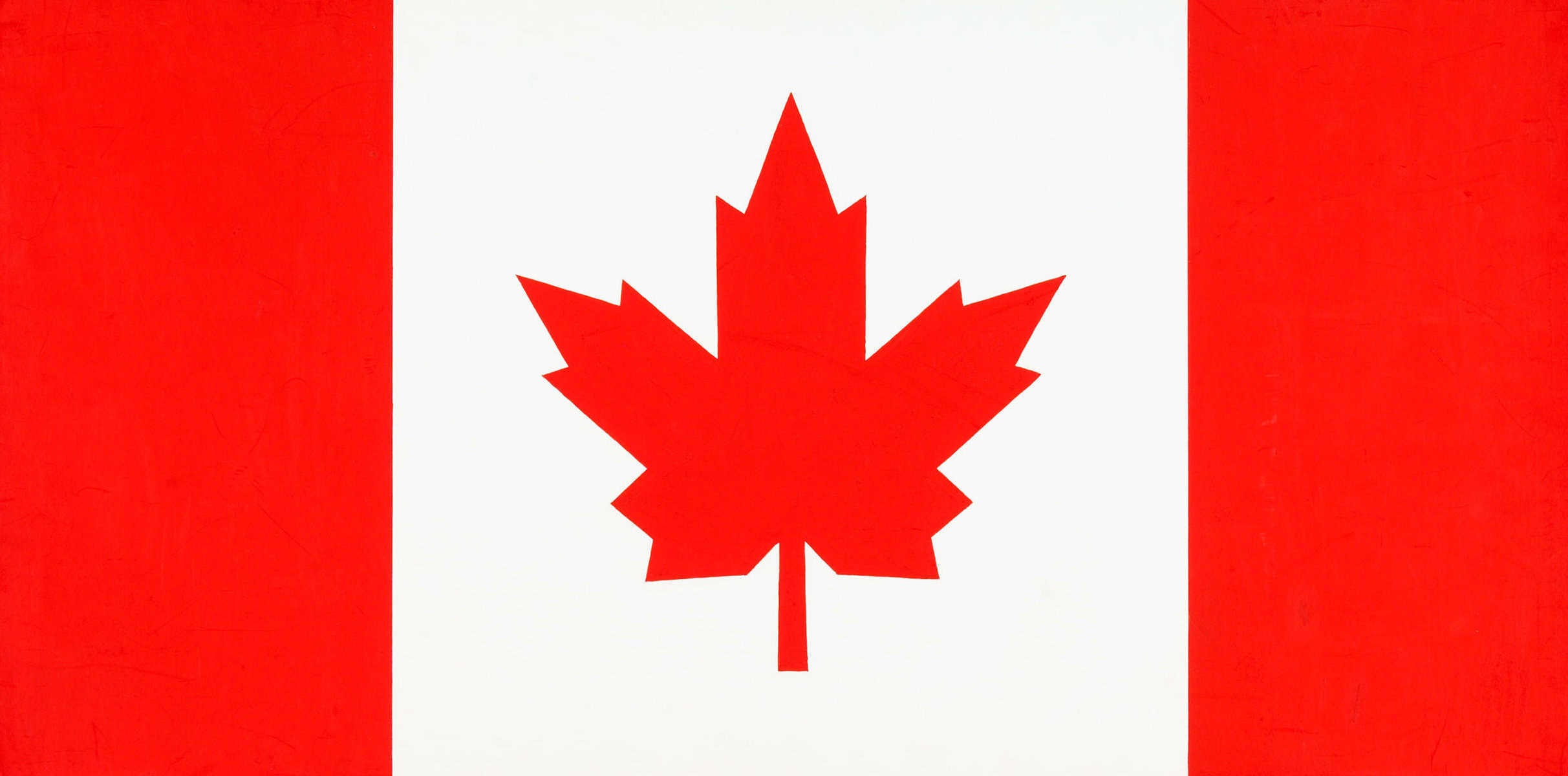Celebrating Earth Day every April means taking stock of our environmental footprint and thinking about what we can do to leave the planet better than we found it. At Phobio, we also talk a lot about our place in the circular economy, which is a proven model that reduces waste while driving growth.
A circular economy is created when you resell and reuse products, extracting the most value from them before recycling. The circular economy empowers consumers, reduces waste, and maximizes resources. The benefits for consumers, businesses and the planet are exactly what inspired me to found Phobio and what drives us to be the best trade-in provider in the business.
By contrast, a linear economy, dubbed the take-make-waste approach, has hidden environmental costs that are staggering. In 2019, 53.6 million metric tons of e-waste worldwide became the largest humankind has collectively ever generated, according to a new report.
That’s why it’s so important for the circular economy to become the gold standard for more companies and products. Phobio’s goal is to make it easy for everyone to trade in anything, so we like to think we are an engine driving the circular economy. We incentivize customers to trade in their used electronic devices, and those devices are refurbished and resold, extending that product’s usable life.
But what’s next?
Most everyone knows you can trade in your car, your phone and your computer when you are finished with them and usually get a credit towards a new one while the old one is resold or recycled. But shouldn’t this trade-in model be happening regularly with other types of products?
Yes, it should!
Phobio recently announced a partnership with Drone Nerds, North America’s largest drone retailer, to be their trade-in partner for a wide range of consumer drones. And, our team is actively working on developing programs for new businesses and product categories, including consumer electronics, smart home appliances and power tools. The more durable, well-made products that can find a second life only makes sense and means less waste ends up in our landfills.
More and more trusted brands are realizing that it’s ultimately better to build products that have greater longevity and can have multiple lives — even if the initial purchase price is higher. For example, the popular workout system Peloton is marketing new models to current customers with trade-in offers.
But there’s still a long way to go. The world economy is only 9 percent circular, leaving behind what researchers are calling a “Circularity Gap.” Closing that gap, reducing pollution and reversing environmental damage will take a focused approach that relies on mutual cooperation across all sectors.
It’s a mission Phobio is proud to be a part for the consumers of today, and for future generations.
We hope you will take a look at your environmental footprint on Earth Day and make one small change that you can look back on next year and be proud of.








